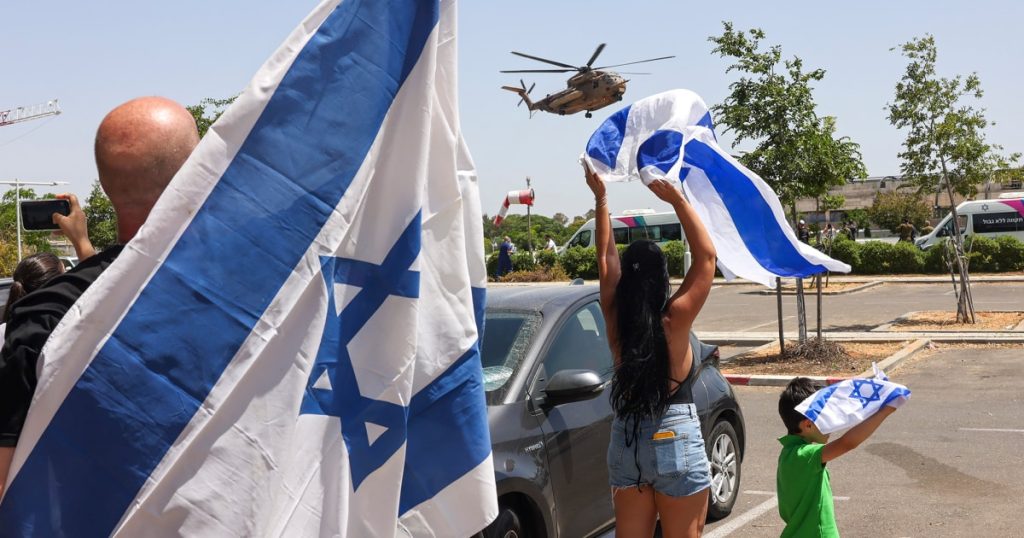The recent rescue of four hostages in Gaza has complicated Secretary of State Antony Blinken’s efforts to broker a cease-fire deal between Israel and Hamas to secure the release of remaining captives. Israeli Prime Minister Benjamin Netanyahu’s resolve to continue military operations has been strengthened by the hostage release, and Hamas leader Yahya Sinwar may take a harder stance due to Palestinian casualties from the rescue operation. Some civilian deaths resulted from Hamas fighters responding to the Israeli operation, as hostages were hidden in densely populated areas. While the release of the hostages is positive news, there are still more captives, including Americans, in Gaza.
The resignation of retired General Benny Gantz from Israel’s war cabinet has added complexity to diplomatic efforts, as he accused Netanyahu of mismanaging the war and delaying decisions on Gaza’s future. Gantz’s departure leaves Netanyahu with stronger ties to far-right coalition members, further complicating the situation. Secretary Blinken, returning for the eighth time since Hamas’ attack in October, will focus on providing aid to Gaza, which has been hindered by the closure of access to the Rafah crossing and Egypt’s protests against Israel’s military operations in the Philadelphi Corridor. Blinken’s agenda includes discussions with Egypt’s President al-Sisi before heading to Israel.
Blinken has been working on a post-war plan for Israel to withdraw from Gaza and hand over security to a reformed Palestinian authority, with support from Arab leaders for reconstruction efforts. However, with both sides resistant to a cease-fire and concerns growing over the high death toll from recent clashes, the chances of reaching a deal in the near future appear to be diminishing. The ongoing conflict and humanitarian crisis in Gaza warrant urgent attention and action to address the needs of the civilians caught in the crossfire.
The release of hostages in Gaza has complicated diplomatic efforts to broker a ceasefire between Israel and Hamas, with Israeli Prime Minister Netanyahu showing a willingness to continue military operations. The remaining captives, including Americans, heighten the urgency for a resolution to the conflict. The resignation of General Benny Gantz further complicates the situation, as he criticized Netanyahu’s handling of the war and decision-making on Gaza’s future. The need for aid delivery to Gaza is paramount, with Israel’s closure of the Rafah crossing and Egypt’s objections to military operations in a border area adding to the challenges.
Secretary Blinken’s return to the region focuses on aid delivery to Gaza and discussions with Egypt’s President al-Sisi and Israeli leaders. Efforts to secure a cease-fire and plan for Gaza’s future face significant obstacles, as both sides remain entrenched in their positions. The humanitarian crisis and civilian casualties underscore the urgency of finding a resolution to the conflict. Despite efforts to broker a deal, the complex dynamics and escalating tensions pose challenges to reaching a lasting agreement in the near future. Security concerns and political divisions continue to hinder progress towards a peaceful resolution.


